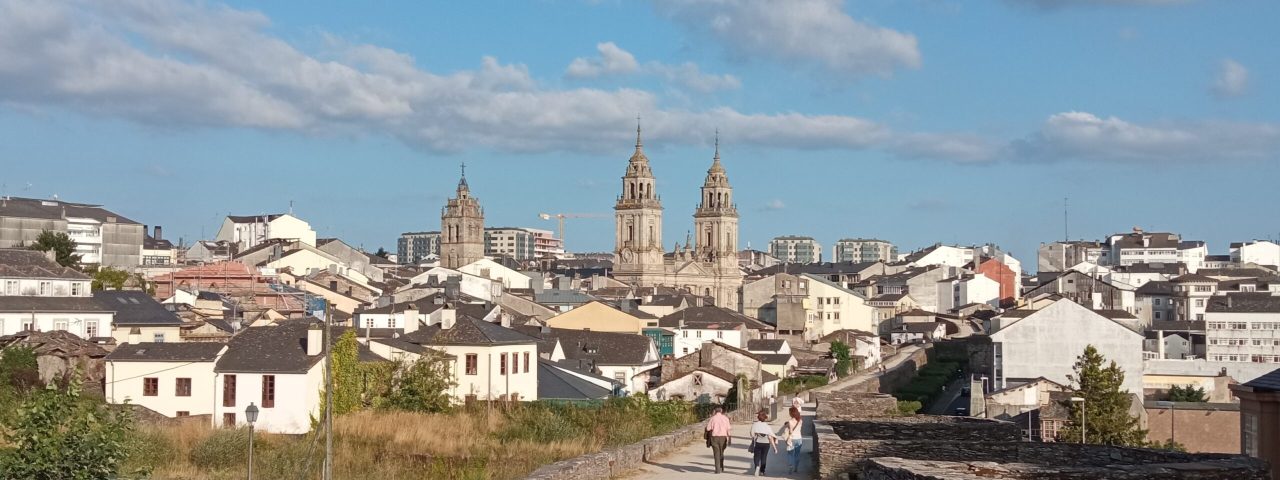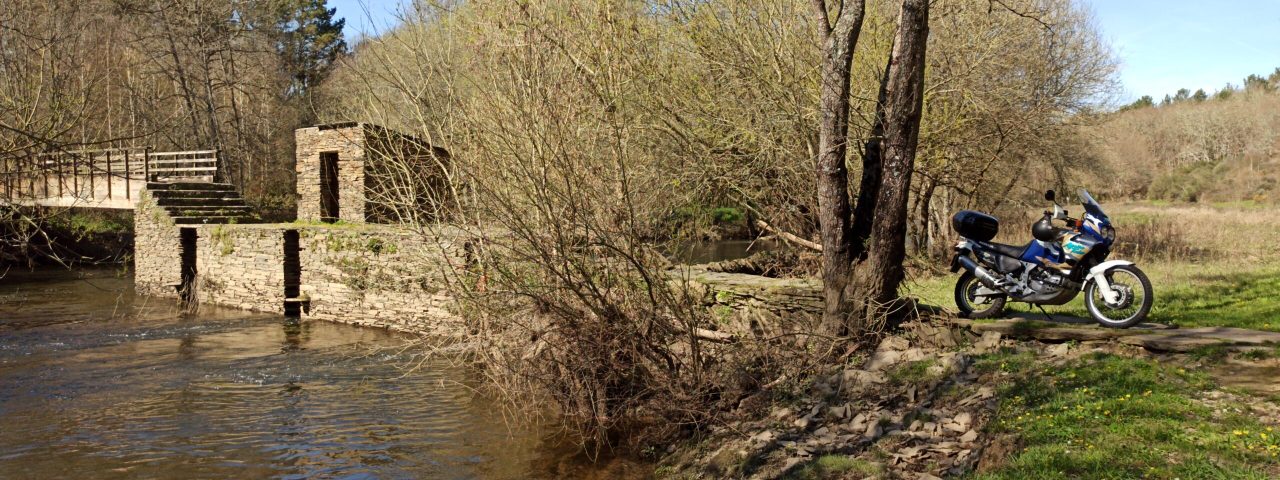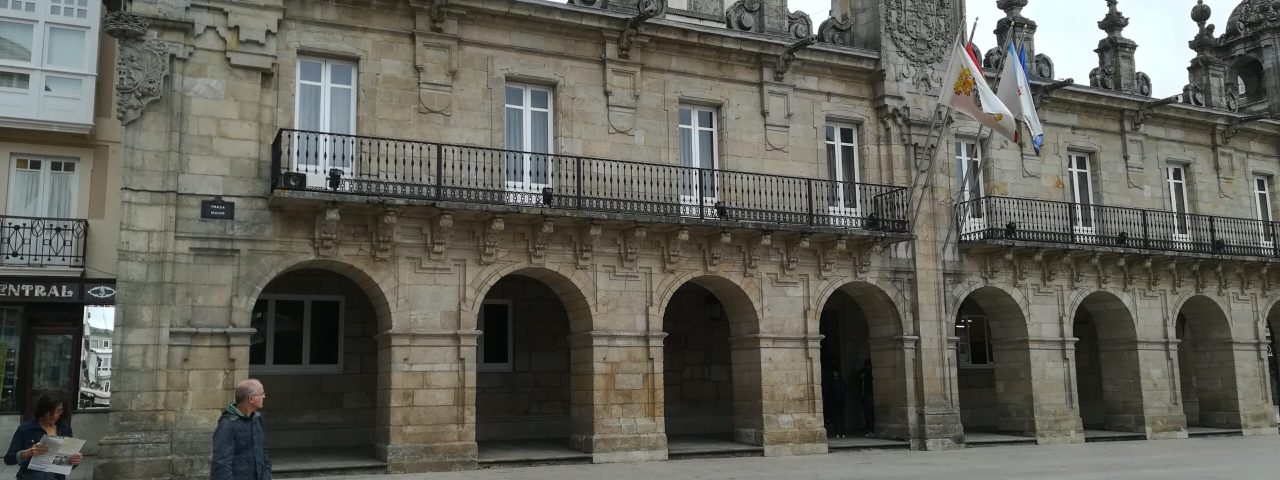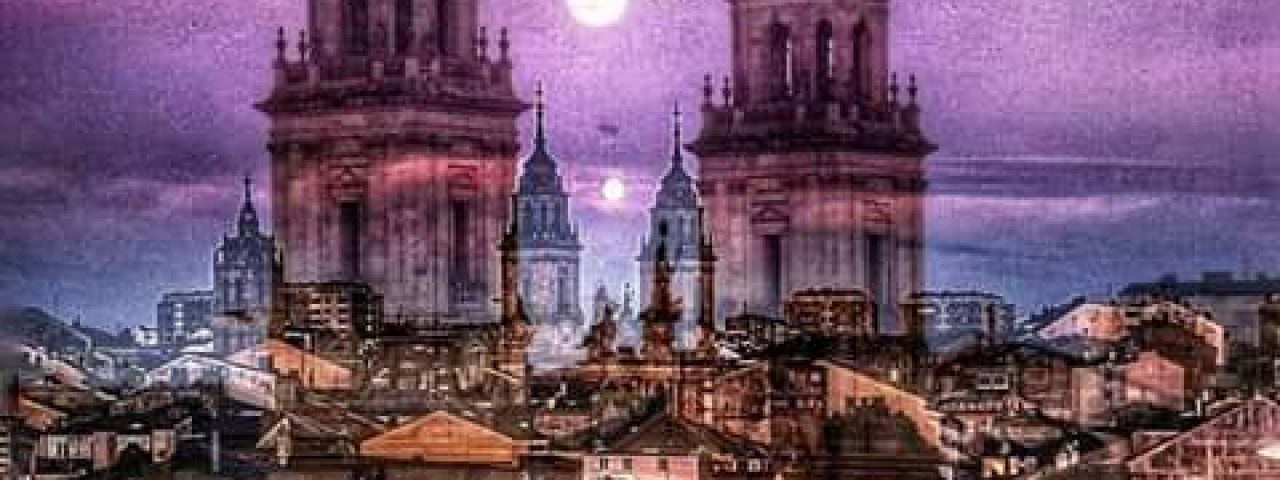Lugo is a city steeped in history, with its origins tracing back to the Roman Empire. Founded in 25 BC as Lucus Augusti, the city was an important Roman outpost and is most famous for its remarkably preserved Roman walls, which still encircle the old town. These walls, declared a UNESCO World Heritage site in 2000, stand as a testament to Lugo’s historical significance and are among the most well-preserved Roman fortifications in the world. The city also has a rich Christian heritage, with the Lugo Cathedral, a Romanesque and Gothic masterpiece, being a notable landmark.
Throughout the Middle Ages, Lugo played a vital role as a religious and military center. It was a stop on the Camino de Santiago pilgrimage route, further cementing its place in Spanish history. Today, the city celebrates its historical roots through various festivals, such as the Arde Lucus, a popular event that recreates life in Roman times, drawing thousands of visitors each year. The city’s cultural life is also vibrant, with Galician traditions, including folk music and dance, playing a significant role in its identity.
Local customs are deeply intertwined with Galicia’s Celtic past, and Lugo is known for its connection to the land, reflected in both its festivals and way of life. Traditional events like the Feira do San Froilán, Lugo’s largest festival, showcase Galician culture through parades, music, and food, making it a key attraction for both locals and visitors.



